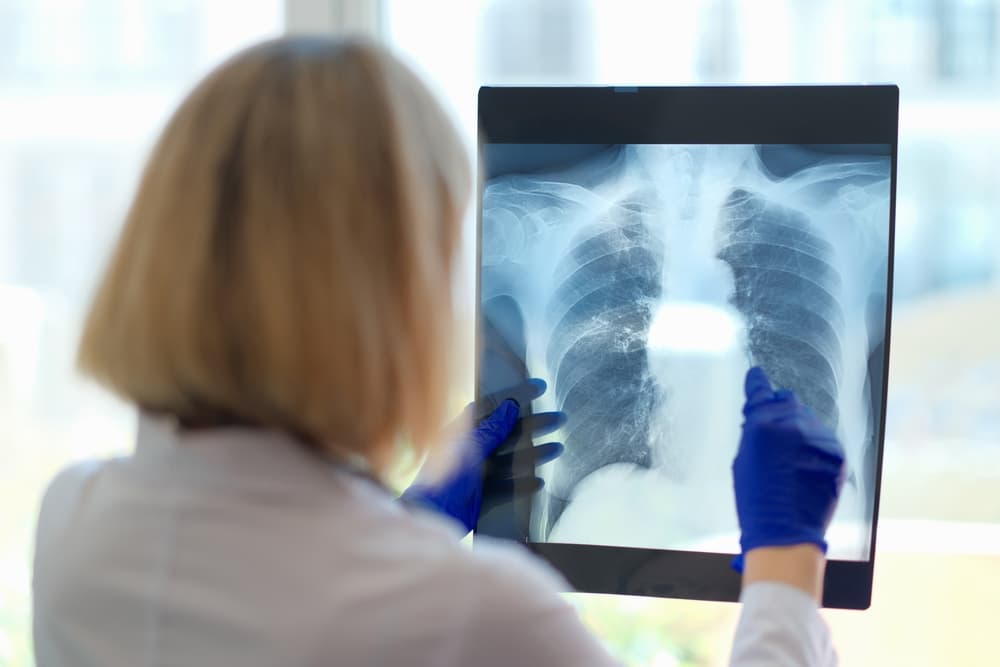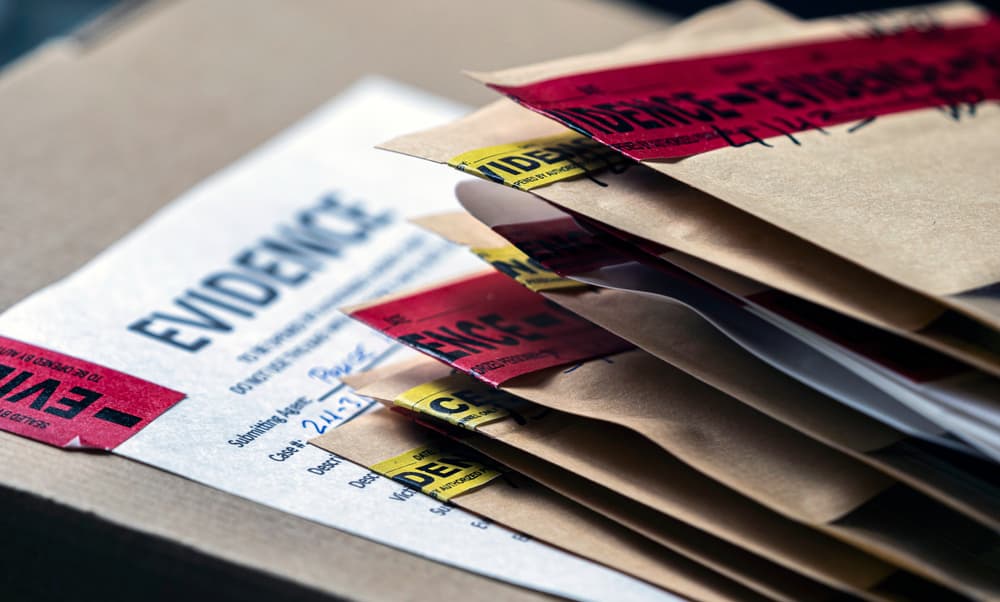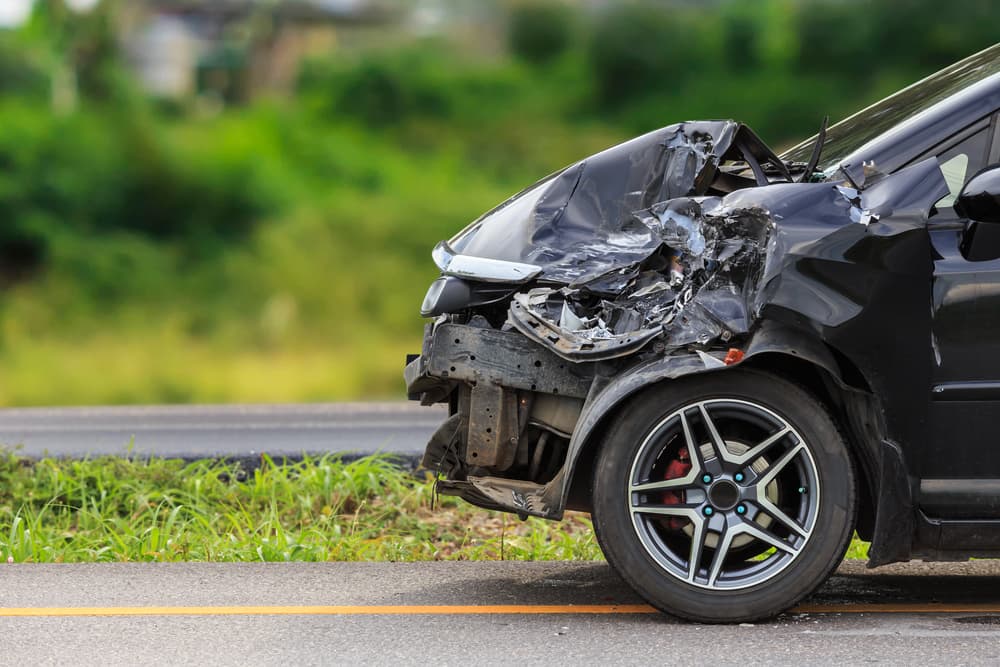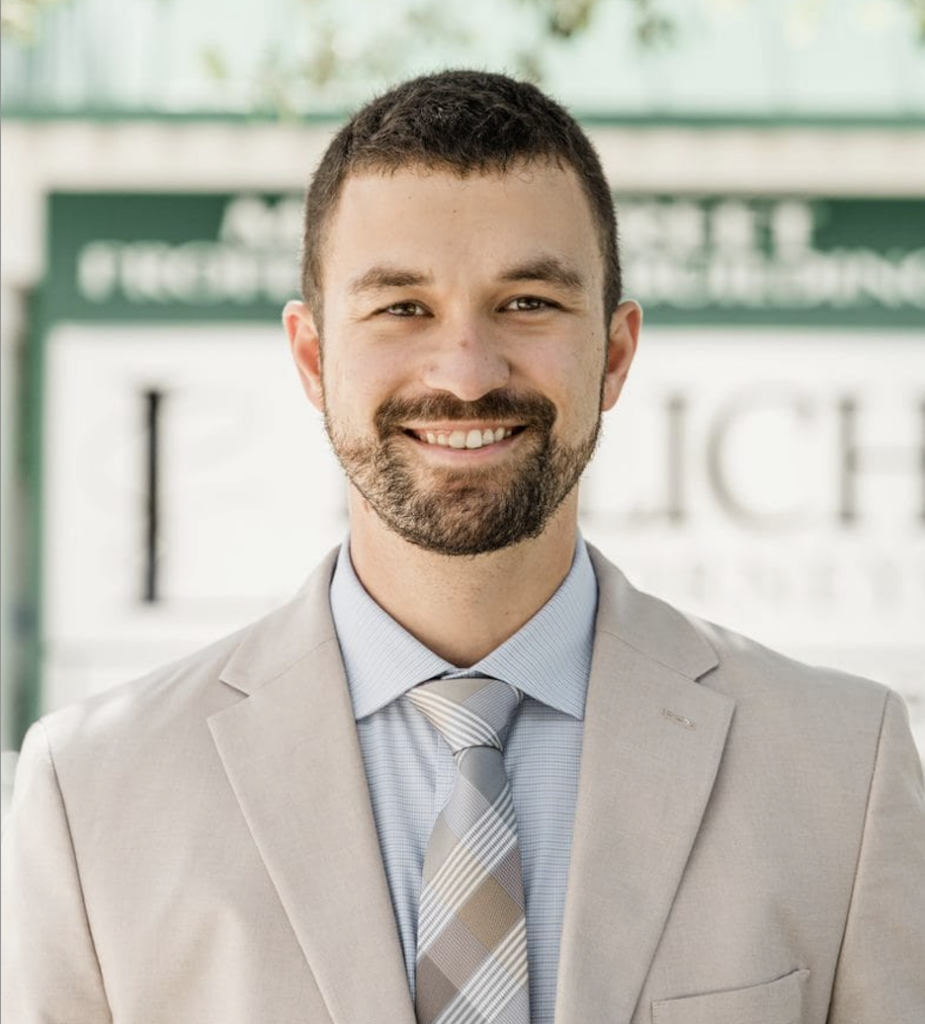A truck accident can fill your life with chaos and uncertainty. You might wonder what steps to take next.
Our truck accident lawyers aim to guide you through this difficult time with practical advice and support. This blog will walk you through the actions you should take after a truck accident. Let's explore these steps together so you can focus on what truly matters—your recovery and well-being.
Schedule A Consultation Today!
Medical Attention Is Key

Seeking medical attention immediately after a truck accident is advised, even if you or your passengers might feel okay. The shock and adrenaline after such an incident can mask injuries, making assessing how seriously you're hurt hard.
Some injuries, like concussions, internal bleeding, or whiplash, might not show symptoms right away but can have severe consequences if not treated promptly.
Getting a medical check-up right after the accident ensures everyone's safety and starts the process of documenting any injuries for legal claims or insurance purposes.
When you visit a healthcare provider, they will document all your complaints, symptoms, injuries, examinations, and the treatments they prescribe, along with any follow-up care recommended.
This detailed medical record can establish a clear link between the accident and your injuries, which is crucial for proving your case and securing compensation.
Furthermore, it's wise to follow through with all prescribed treatments, attend follow-up appointments to support your recovery and provide a documented history of your medical care post-accident.
Delaying medical attention can have significant legal repercussions. Insurance companies or the legal teams of the opposing side may argue that the delay indicates the accident didn't cause serious or any injuries, potentially jeopardizing your compensation. Immediate medical care provides documented evidence that counters these arguments, showing the injuries' severity and direct link to the accident.
Medical records are a key piece of evidence in the context of legal claims. They demonstrate the accident's physical impact on your health and help quantify damages for pain, suffering, and future medical needs.
This documentation strengthens your position during negotiations with insurance companies or in court, emphasizing the importance of prioritizing medical attention for your health, protecting your legal rights, and ensuring you're compensated fairly for your injuries and losses.
Document Everything

After ensuring your safety and those of others involved in a truck accident, documenting everything at the scene becomes an important next step. This process involves gathering evidence that can play a pivotal role in understanding how the accident occurred and in supporting any legal claims that may follow.
When it's safe, start by taking photos of the accident scene. These should include different angles of the vehicles involved, showcasing the extent of the damage. Don't overlook the importance of capturing images of the surrounding environment; road conditions, weather, traffic signs, and signals can all contribute to piecing together the events leading up to the accident.
Photographs actively serve as a silent witness to the accident, providing an unbiased account for future use. They can highlight factors that might not immediately appear, such as obscure road signs, potholes, or skid marks, which can indicate the speed at which the vehicles traveled or the actions drivers took to avoid the collision.
In addition to visual evidence, collect contact information from everyone involved in the accident and any witnesses. This includes the other drivers, passengers, and bystanders who observed the crash. Witnesses can provide varied perspectives on the accident, which may differ from the accounts of those directly involved, adding valuable insights into how and why the incident occurred.
Engaging with witnesses at the scene is also strategic; memories are freshest immediately after the accident, and securing a way to contact them later ensures their observations become part of your case. These firsthand accounts can reinforce the evidence collected through photographs and may help clarify discrepancies in the narratives provided by the parties involved.
Documentation extends beyond the physical and verbal; it also includes exchanging insurance information with the other drivers, noting the make, model, and license plate numbers of all vehicles involved, and, if possible, gathering information about the truck driver's employer and the trucking company.
Actively collecting this broader set of data not only aids in reconstructing the accident but also ensures active exploration of all potential avenues for investigation and compensation.
This approach to documenting everything at the accident scene lays a foundation for any ensuing legal action. It creates a comprehensive evidence portfolio that can substantiate claims for damages, contribute to the accurate assessment of fault, and facilitate negotiations with insurance companies.
Assess Vehicle Damage

After a truck accident, you want to repair your vehicle and return to normalcy quickly. However, acting too quickly can cause you to overlook hidden damages that don't immediately appear, leading to potential safety issues and financial losses.
Before initiating any repair work, actively appraise your vehicle thoroughly. Have your lawyer take pictures of the vehicle from every conceivable angle. Have your mechanic carefully document all of the damages that they find. This step can help uncover any structural or mechanical damages caused by the accident.
Vehicles today are complex machines with intricate systems that the force of a collision can easily disrupt. What might seem like a minor fender bender can result in significant under-the-hood problems, such as issues with the alignment, brakes, transmission, or even the vehicle's safety features, like airbags?
Some of these damages might not manifest through immediate performance issues but can deteriorate over time, leading to more severe problems or even risking your safety.
A professional and comprehensive assessment will check and evaluate every aspect of the vehicle. Document this process, capturing details of all damages, the estimated repair costs, and the anticipated repair time frame. This documentation becomes a part of your insurance claim, serving as evidence of the accident's impact on your vehicle.
Handling this assessment carefully is crucial when reporting it to your insurance company. How you report damages can significantly influence the outcome of your claim. The documented assessment provides a clear and objective basis for your claim, detailing the extent of the damages and the necessary repairs.
Make sure this report is thorough, as it forms the foundation of your negotiation with the insurance company regarding the coverage of repair costs.
Insurance companies often have specific procedures and preferred vendors for vehicle repairs. Initiating repairs without consulting your insurance can lead to complications in your claim, such as disputes over the cost of repairs or the necessity of certain procedures.
By waiting for an appraisal and reporting it to your insurance company, you can ensure the repair process aligns with your policy's terms, saving you from out-of-pocket expenses.
In addition to the practical and financial reasons for having your vehicle appraised before repairs, there's also a legal dimension.
Should you decide to pursue legal action related to the accident, the documented assessment of vehicle damages can serve as valuable evidence. It substantiates your claims regarding the accident's severity and financial impact on you, reinforcing your position in negotiations or litigation.
While the desire to quickly repair your vehicle after a truck accident is understandable, taking the time for a thorough appraisal and properly going through the insurance claim process is prudent; ensuring your vehicle's functionality and safeguarding safety involves identifying and addressing all visible and hidden damages.
Also, this careful approach provides a solid foundation for any insurance negotiations or legal actions, helping you to secure the compensation and support you deserve.
Be Mindful of Your Words
Avoid admitting liability or making statements that others may interpret against you. Politely declined to discuss the accident's specifics and instead focused on exchanging necessary information. Remember, statements made at the scene can be misconstrued or used against you in legal proceedings.
Social Media Caution

In today's digital age, social media platforms are a primary means of communication and expression for many. However, exercising caution on social media becomes critical regarding personal injury incidents such as truck accidents. The urge to share your experience, seek support, or express your frustrations online can be strong, but you must understand how such actions might impact your legal case.
Sharing details about the accident, your injuries, or your recovery process on social media might seem harmless or even therapeutic. However, insurance companies and legal teams routinely search social media profiles for evidence that can undermine your claim.
A simple post or comment about the accident, your condition, or your activities can be actively used out of context against you in court or during settlement negotiations.
For example, someone can use a photo of you participating in physical activity after the accident to question the severity of your injuries, even if your medical team prescribed the activity as part of your rehabilitation.
Also, expressing opinions or speculating about the accident's cause on social media can be detrimental. Such statements might conflict with official reports or evidence, weakening your case. The insurance company can interpret such innocuous posts as admissions of fault or partial responsibility for the accident.
Given these risks, limit your social media activity following the accident and refrain from discussing any aspects of the incident, your injuries, or your legal case online.
If you wish to inform close friends and family about your condition, consider doing so through private messages or direct communication methods less susceptible to public scrutiny.
It's also wise to review your privacy settings on social media platforms to ensure that your profiles are secure and that posts are not publicly accessible. However, even with strict privacy settings, there's no guarantee that information shared online won't reach unintended audiences. Insurance adjusters and legal opponents may still access your posts through shared connections or other means.
Seek Legal Assistance From a Truck Accident Lawyer
Consulting a truck accident lawyer early on can make all the difference in your case. A truck accident attorney can handle correspondence with insurance companies, investigate the accident, and protect your rights.
A truck accident attorney can aid in your recovery of compensation for damages, medical expenses, and any loss of income, considering the multifaceted nature of truck accidents, which often involve multiple parties and stringent regulations.
FAQs About Truck Accidents
What should I do immediately after a truck accident?
First, ensure your safety and the safety of others. If possible, move to a safe location, call 911 to report the accident, and seek medical attention even if you don't think you suffered an injury. Document the scene with photos and gather contact information from witnesses and all parties involved.
When should I call the police after a truck accident?
You should call the police immediately after a truck accident, regardless of the apparent severity. A police report actively provides an official incident record and is used for insurance claims and potential legal actions.
Do I need to seek medical attention if I feel fine?
Yes, seeking medical attention immediately after a truck accident is important, even if you feel fine. Some injuries, like whiplash or internal bleeding, may not show symptoms immediately but can have serious long-term health implications.
How do I document the accident scene effectively?
Take comprehensive photos of the accident scene, including all vehicles involved, road conditions, traffic signs, and any visible injuries. Also, gather contact and insurance information from all drivers involved and contact details from witnesses.
What information should I exchange with the other driver?
Exchange names, addresses, phone numbers, insurance company and policy numbers, and driver and vehicle license plate numbers. Avoid discussing the fault or details of the accident.
Should I admit fault at the accident scene?
No, you should not admit fault at the scene. The determination of fault should be left to the police and your insurance company after they have investigated the incident.
Can I post about my truck accident on social media?
Avoid posting about your truck accident or anything else on social media. The insurance company can use statements you make online to challenge your claim.
When should I contact a lawyer after a truck accident?
Consider contacting a lawyer as soon as possible after a truck accident, especially if significant damages, injuries, or faults are in question. A lawyer can protect your rights and ensure you receive fair compensation.
How is fault determined in a truck accident?
Fault in a truck accident is determined based on evidence from the scene, witness statements, police reports, and sometimes, professional analysis. Factors include violations of traffic laws, driver negligence, and conditions of vehicles and roads.
What compensation can I expect after a truck accident?
Compensation can include medical expenses, lost income, vehicle repair or replacement costs, and pain and suffering. The amount depends on the accident's circumstances, injuries, and legal representation.
Contact a Truck Accident Lawyer

Recovering from a truck accident involves more than just physical healing. It's about actively ensuring your rights are protected and that you receive compensation for your losses.
Following these steps, equip yourself with the knowledge and actions necessary to succeed in the post-accident landscape.
Remember, each step you take following an accident contributes to your recovery and lays the groundwork for any legal action necessary to secure the support and compensation you deserve.
Contact a personal injury attorney to start the process of recovering compensation for your damages.
